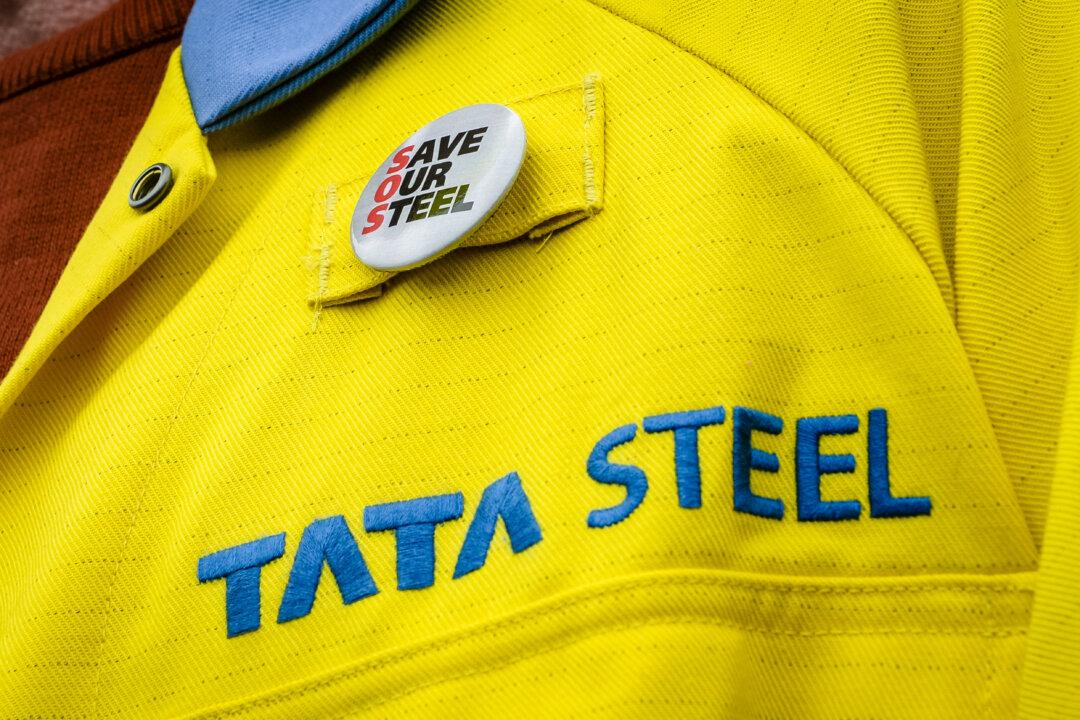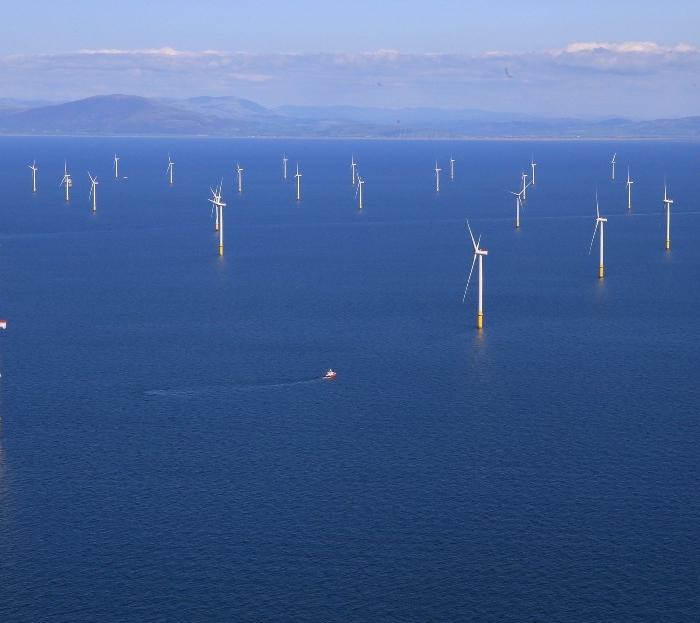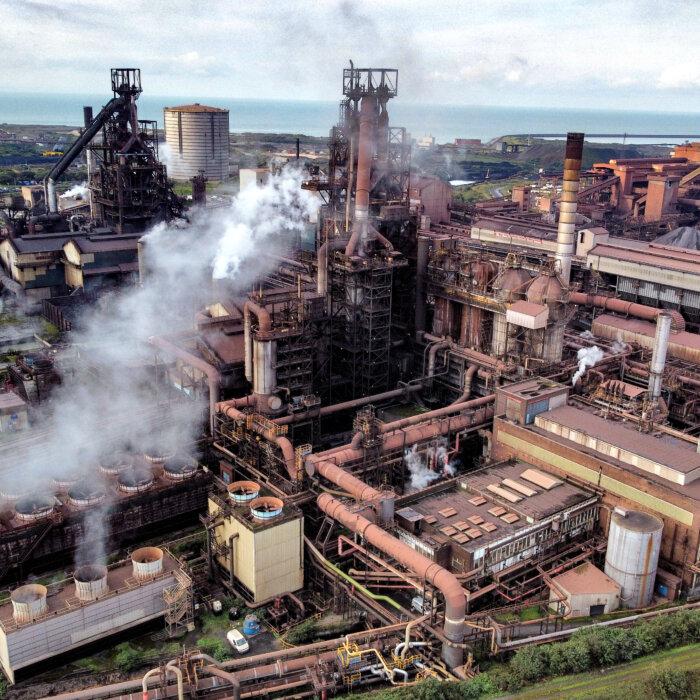Tata Steel is preparing to shut its steel plants in Port Talbot earlier than scheduled because of upcoming strikes, the company has told workers.
The Indian steel giant previously planned to shut down one of its blast furnaces in Wales by the end of this month and the other one by September.
It’s now planning to close both furnaces by July 7, one day before workers go on an indefinite strike, amid a deadlock between the company and United the union.
In a message to employees, cited by PA Media and independently verified by The Epoch Times, the company’s CEO said, “Therefore, we are left with no alternative but to take preparatory steps to cease operations on both blast furnaces and safely isolate them no later than July 7.”
Tata also said it had begun legal action to challenge the validity of Unite’s ballot.
The planned shutdown of the last of its furnaces is part of Tata’s £1.25 billion decarbonisation plan which the company announced earlier this year.
The company plans to transition to low-carbon steel production, using an electric arc furnace which makes steel from scraps instead of from scratch.
The plan is expected to result in over 3,000 job losses, including 2,800 over the coming year and another 300 in the long-term.
With Labour leading the polls ahead of the general election on July 4, Unite has called on Tata to hold off on the redundancy plans and wait for investment from a Labour government.
The union’s 1,500 members at Tata based in Port Talbot and Newport Llanwern have begun working to rule—doing minimal work—as well as taking part in a continuous overtime ban from June 17.
Tata: Safety Is a Priority
In an email to The Epoch Times, a Tata Steel spokesperson said, “Following the announcement by Unite Union to unilaterally call strike action from 8 July, Tata Steel is unfortunately forced to commence legal action to challenge the validity of Unite’s ballot.”“In the coming days, if we cannot be certain that we are able to continue to safely and stably operate our assets through the period of strike action, we will not have any choice but to pause or stop heavy end operations (including both blast furnaces) on the Port Talbot site.
“That is not a decision we would take lightly, and we recognize that it would prove extremely costly and disruptive throughout the supply chain, but the safety of people on or around our sites will always take priority over everything else,” the spokesperson added.
The spokesperson reiterated Tata’s call on the union to withdraw industrial action and consider the company’s proposal, which it says “puts forward a wide-ranging proposal including generous employee support packages, training, and skills development.”
Unite: Threats Won’t Deter Us
Unite’s General Secretary Sharon Graham said the union won’t be deterred.“ [Unite the Union] is fighting for the future of the steel industry. We have secured serious investment from [the Labour Party] to safeguard jobs,” she wrote on social media platform X.
“[Tata Steel UK] putting out a statement to shut or pause its blast furnaces three months earlier than they intended to is the latest in a long line of threats that won’t deter us.”
Ms. Graham said the union’s campaign is about “securing the long-term future of steel making in this country for thousands of workers in Port Talbot and South Wales.”
“We call on the real decision-makers in Mumbai to take hold of this dispute, sit down, negotiate and realise that the investment secured will be good for the company and workers,” she added.







